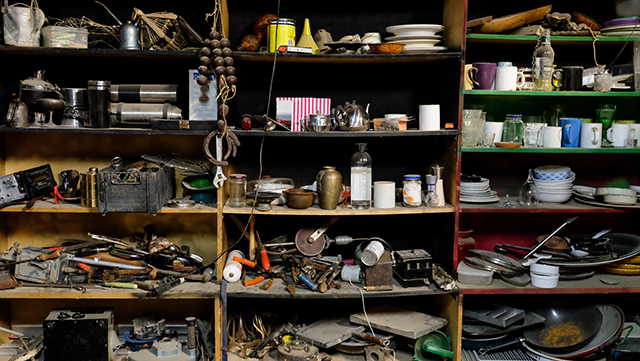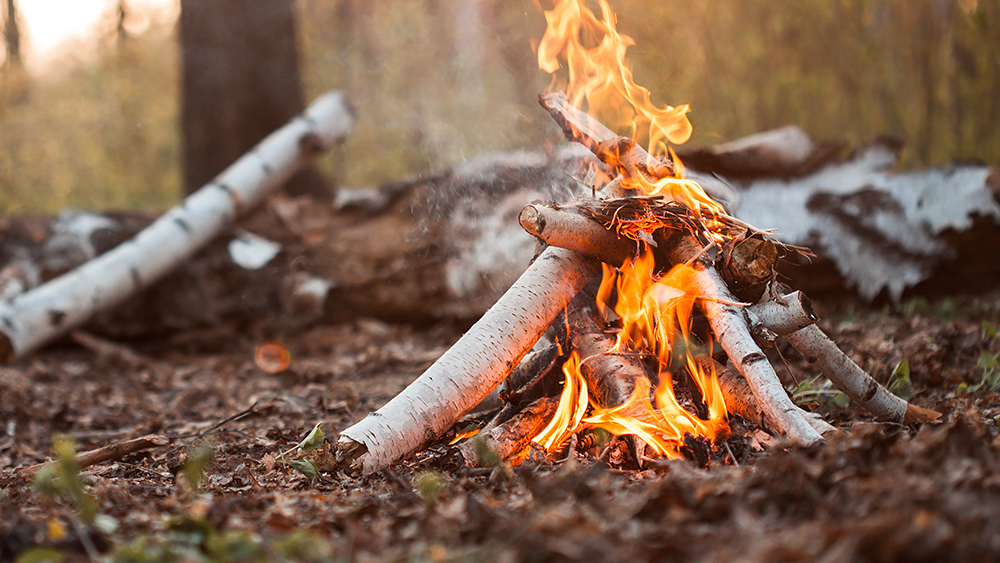
The purpose of a checklist is to keep your survival stockpile organized. This can help you monitor your resources and ensure that you don't come up short when SHTF. Storage, after all, can be tricky. You have to contend with expiration dates, moisture, pests and other challenges.
The best way to organize your preps is to inventory them by category. This means that you will have a separate checklist for food, fuel, water and other types of supplies. Here are some checklist templates to organize your preps. (h/t to SurvivalSullivan.com).
Food
As there are several types of food, it's best to categorize them by food groups or nutrient categories. For instance, you have a checklist for protein sources and another for fruits. The more specific you are about the type of food, the better grasp you will have on how far it can be stretched when SHTF.
Here's a sample breakdown:
- Protein
- Fruits
- Vegetables
- Cheese
- Dehydrated dairy
- Powdered dairy
- Ready-to-eat entrees
- Ready-to-eat side dishes
- Drink mixes
A checklist for protein, for instance, should indicate the food item, container size and type, remaining number of items and expiration date. You can also add another column for the number of items still needed. The latter can serve as a shopping guide.
Water
A water stockpile checklist includes the water containers as well as the water purification and rainwater collection supplies. For the containers, indicate how many bottles or jugs you have left, as well as the container size.
For the equipment, you need to list down each apparatus and indicate the health of each one of them. This is crucial because these items may eventually stop working.
Livestock
If you're raising poultry, a checklist will help you record how many eggs or grams of milk you had for the day, as well as monitor the health of each animal. Keep a running total on the food that the livestock provide and jot down how many offsprings they produced.
You should also have another checklist for feeds, animal medicine and other poultry supplies. The checklist should indicate the item, container size or amount, date last checked and number of items still needed.
Gardening
A garden inventory should include items like seeds, farming tools and other gardening supplies. Indicate the amount or container size, date last checked or tested, and number of items still needed. (Related: Top 12 NECESSARY items for survival when SHTF.)
Fuel
There are several types of fuel, such as gasoline, propane and firewood. It's best to list down each type and indicate the remaining amount, date acquired and amount still required.
Generator and lighting sources
A lighting inventory includes items like solar generators, solar chargers, replacement parts, as well as flashlights, batteries, matches and oil lamps. List down each of them and indicate the amount (if applicable), expiration or testing date and the number of items still needed.
Besides listing down electrical equipment, you should also test them at least once a month to make sure they're in working order. Allot space on your checklist for a "health status" column.
Weapons and ammo
For your weapons inventory, enumerate each weapon and classify the ammo. Indicate the date last used, date last cleaned or inspected and number of ammo still needed.
Survival skills
Not all preps are tangible and countable. Survival skills are also assets that will serve a prepper well when SHTF. Examples of survival skills include finding sources of water, foraging for food, starting a fire, doing first aid, sewing and self-defense.
Each member of the household should have a checklist indicating his proficiency level for each skill and the date for the next training.
Bug-out bag
List down all bug-out essentials and review the items in your bug-out bag. This will help you flee your home quickly if you're forced to bug out.
Prepping can overwhelming given all the things you need to stockpile on. If you don't properly monitor your survival stockpile, you might come up short and put yourself in danger. Keep an inventory using these templates and update it annually.
Sources include:
Please contact us for more information.





















